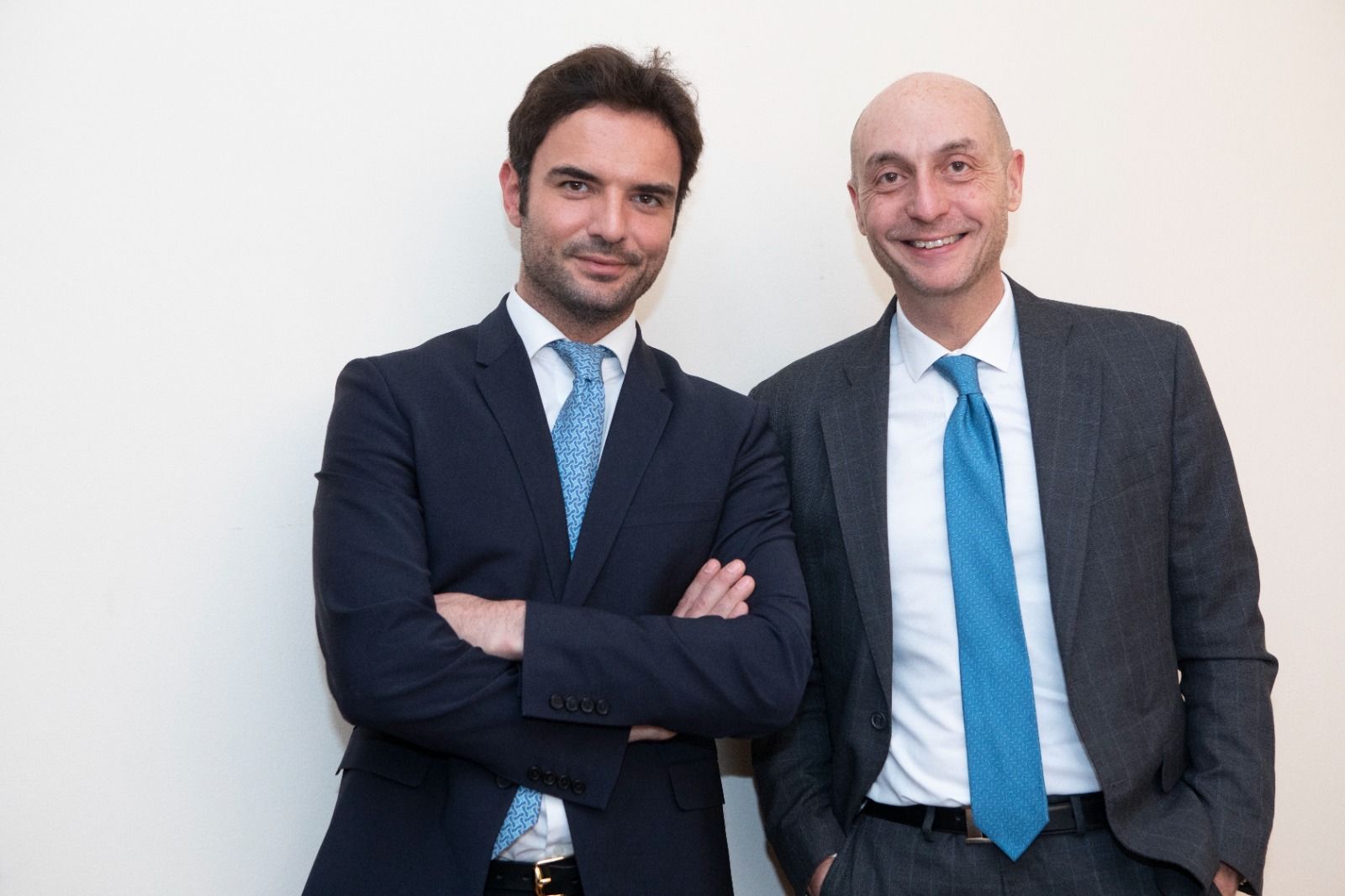Pets in the event of separation and divorce

Pets and the separation of spouses: what does the law stipulate?
In the Italian legal regulations, in the event of separation or divorce of spouses or cohabitees, there is no reference rule governing the custody of pets.
In general, jurisprudence considers that it would be advisable for matters relating to the custody of pets (dogs, cats and any other pet) be kept outside the separation agreement between the spouses and be instead the subject of a further, specific agreement (which would then take on the characteristics of a normal contract).
This, however, does not prevent the spouses from including in the separation agreement also the conditions governing the custody of pets, as this would not be in conflict with any regulations.
In order to better clarify what the regulations are on the custody of pets after the separation or divorce of spouses, a distinction must be made between two different hypotheses, and indeed, in the case of separation by mutual consent, if the husband and wife sign a voluntary agreement regarding the fate of the pet, the judge can and must approve it, on the other hand, in the case of judicial separation, if the parties do not reach an agreement, as a rule, the court is not required to deal with the allocation of the pet, as only the agreement of the spouses can define the pet's fate.
However, in practice, the judge may consider the issue of pet allocation when there are particularly close children.
In fact, the Italian Civil Code states that the main purpose that the judge must pursue, when establishing the conditions of separation and divorce of spouses, is the protection of the moral and material interests of minors; this therefore does not stand in the way of a provision that regulates, in the totality of the affective values of minors, as well as the fate of the domestic animals.
The case in question, particularly vulnerable from a human point of view, has appeared on several occasions in court rooms and, among the most significant rulings on this point, we find a decision of the Court of Foggia that, in a separation case, entrusted the dog to one of the spouses, granting the other the right to visit it for a few hours during the day, and another of the Court of Cremona that, again in a separation case, ordered shared custody of the dog, with the obligation to share 50% of the expenses for its maintenance.
The two Courts, in the absence of a reference rule, applied the discipline provided for minors.
In this particularly complex framework, the ruling of the Court of Sciacca stands out for its modernity, which, by decree of 19 February 2019, established that "in the absence of agreement between the spouses, the separation judge may order the allocation of the pet exclusively to the party that ensures the best possible development of the identitỳ of the dog or cat, or alternately to both spouses, regardless of the possible registration resulting from the microchip, as well as regulate the economic aspects (veterinary and extraordinary expenses) related to its care and maintenance."A
This article; “Pets in case of separation and divorce” is provided courtesy of Studio Legale Palmigiano.








